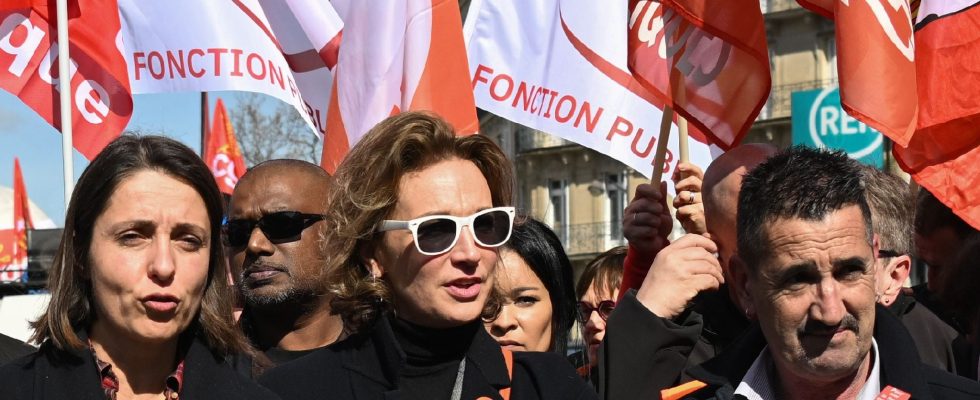To name things is already to give them a life, a substance. While the government refines its roadmap to try to restore the country’s public finances, the pension issue has almost evaporated. As if last year’s reform and the raising of the legal retirement age from 62 to 64 had definitively resolved the problem. At the origin of this myopia, not to say blindness, are the medium-term projections of the Pension Orientation Council on which the executive bases itself.
For a long time, many observers have pointed out both the very optimistic hypotheses used by the COR to construct its famous projections and the method of calculation chosen. Among the hypotheses, those on productivity leave one wondering. In its next projections scheduled for next June, the COR should present a central scenario retaining productivity growth of 1% per year while the latter has been declining in France since 2017. Recognizing this statistical reality would have resulted in mechanically revising upwards the deficit. Unacceptable for the unions which sit on the COR and for whom touching again on the pension issue after the psychodrama of 49-3 would be a declaration of war.
Second subject of controversy: the method of calculation and the “statistical convention adopted” according to which the civil servants’ pension system is balanced since the employing State pays a “subsidy” equivalent to the deficit. This subsidy takes the form of crazy additional contributions which reach on average 98% of the gross salary of public employees… compared to 28% on average for a private company. An accounting micmac denounced last spring by François Bayrou in a note from the High Commission for Planning. And again recently by Edouard Philippe. During a meeting with the executives of his Horizons party in Besançon, the ex-tenant of Matignon came out of the woodwork on the subject: “We must present the clearest possible figures, the most sincere possible. If we do not let’s not agree on the state of affairs, we cannot debate reasonably and the French cannot understand.” To still deny today the persistence of a structural problem with pensions amounts to targeting budgetary rigor solely on State spending, health or the unemployed. And send it back to 2027, at best, hot potato.
